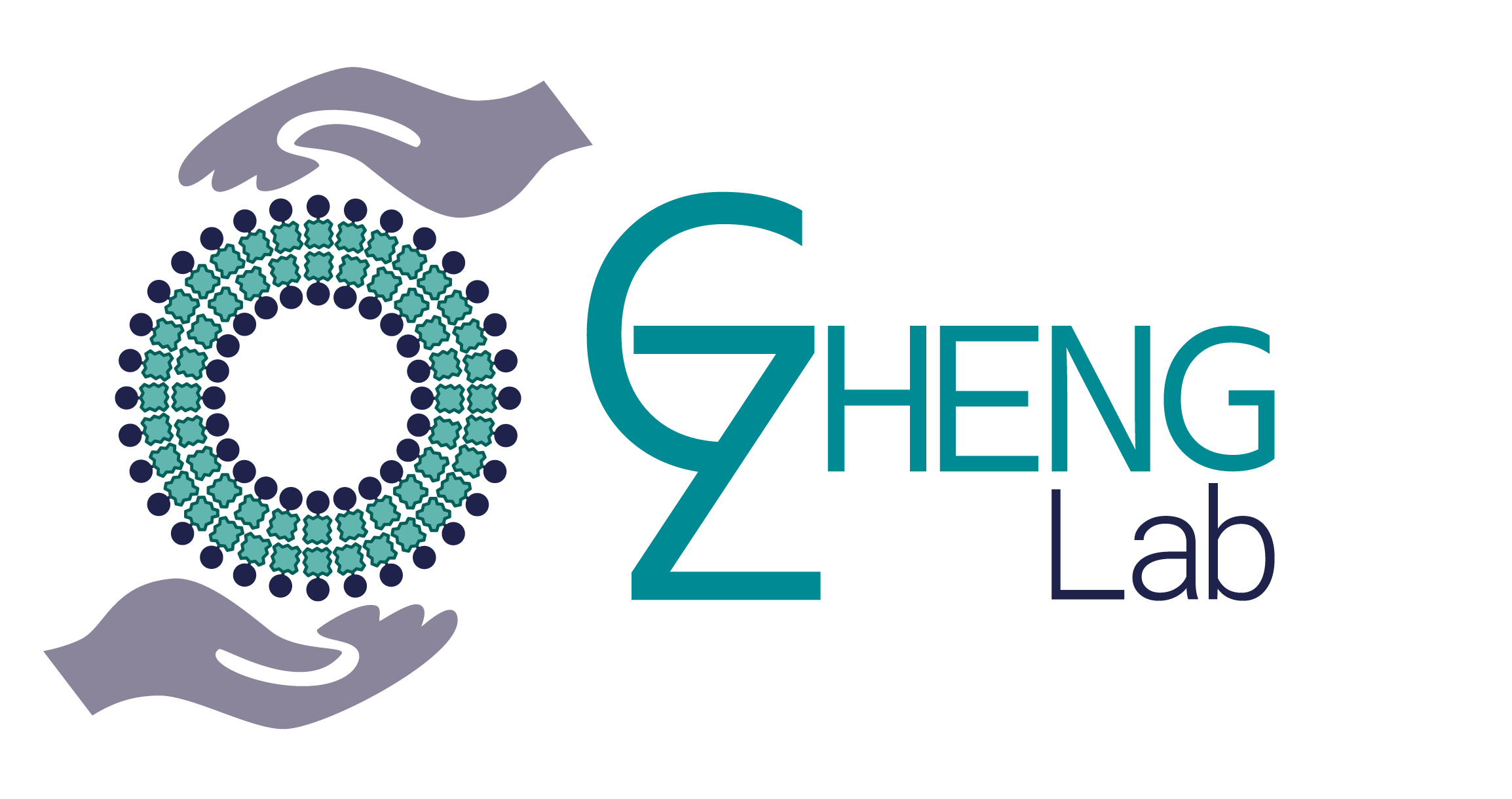Cheng MHY, Cevallos A, Rajora MA, Zheng G
Journal of Porphyrins and Pthalocyanines, 2021
DOI: 10.1142/S1088424621500656
Naturally-derived metallo-bacteriochlorophylls have attracted much attention since their clinical approval for cancer photodynamic therapy. Their therapeutic properties are rooted in the metal complexation of bacteriochlorophylls, which endows them with optical properties favourable for biophotonic and biomedical applications, including near-infrared light-activated reactive oxygen species generation at therapeutic levels. Despite these advantages, the utility of these chromophores has been limited by synthetic challenges associated with bacteriochlorophyll metallation; specifically, a slow reaction rate and necessity of complex purification procedures remain barriers towards metalated bacteriochlorophyll synthesis. Here, these limitations are overcome through the development of a new fast, facile, efficient, base-free microwave heating metallation method for the synthesis of a series of metallo (Pd, Cu, Zn, Cd, Sn, In, Mn, Co) bacteriopyropheophorbides. The preparation and structural and optical spectral characterization of these complexes are presented. This microwave-enabled synthetic method is then applied to generate the clinical photosensitizer agent Pd-bacteriopheophorbide (TOOKAD) effectively and efficiently, followed by validation of its metallation-enhanced ROS generation.
